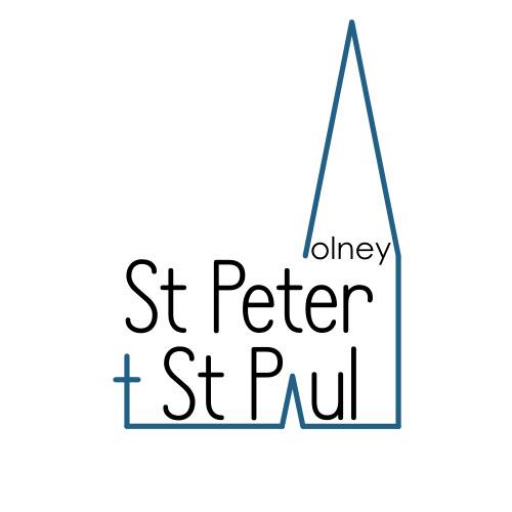


Sunday 21st September from 2:00pm to 4:30pm in the church
As part of the Heritage Open Days programme, the church will be open in the afternoon for presentations, tours and family activities. You are welcome to drop in at any time.
- Spend an afternoon in the famous church where John Newton wrote Amazing Grace.
- Learn about the Medieval Rood Screen and its mysterious lost picture.
- Visit John Newton’s Tomb and see Newton’s Chalice and Font.
- Learn about William Worcester, our vicar who sailed to Massachusetts in 1638, and Henry Gauntlett, the father of English Church Music.
Our knowledgeable guides will help you discover the history and architecture of this Grade 1 listed building and children can practise brass rubbing and stained glass window making with kits and assistance from our family helpers.
We have a programme of talks planned for the afternoon, and you are welcome to join any of these. In between there will be time to look around the church, take advantage of the refreshments on offer and even buy a bottle of our special 700th Anniversary Ale!
Programme of Talks
2:15 – 2:45 The History of the Church Building
Find out how the church building has changed (and what has not changed) over the last 700 years. We will also explore the story behind the original Rood Screen and the painting of Elijah and the Ravens – was our church once the home of a famous painting?
3:00 – 3:30 John Newton and Amazing Grace
Hear the complicated story of John Newton’s life and how he eventually came to be the Curate here in Olney. We will also look at the story of one of his hymns that has now become famous across the world – “Amazing Grace”.
3:50 – 4:00 William Worcester
William Worcester was a Puritan minister who was here shortly before the English Civil Wars, and eventually saild to Salisbury, Massachusetts. This is his story.
4:10 – 4:20 Henry Gauntlett
Hear about another famous person from the church – musical prodigy from a young age, he went on to become known as “the father of English church music”

